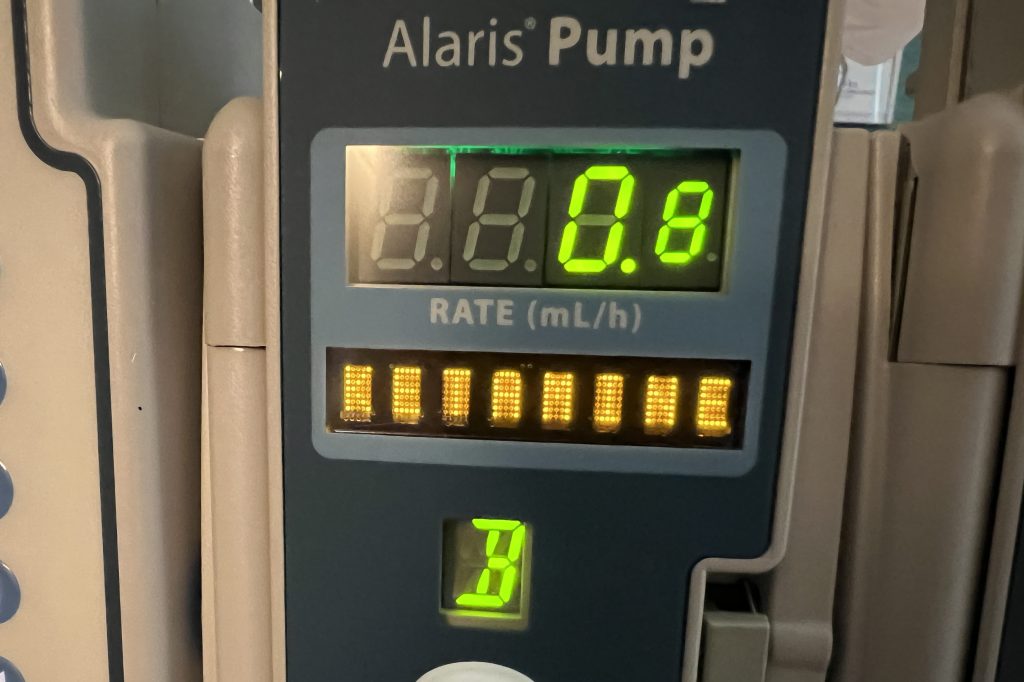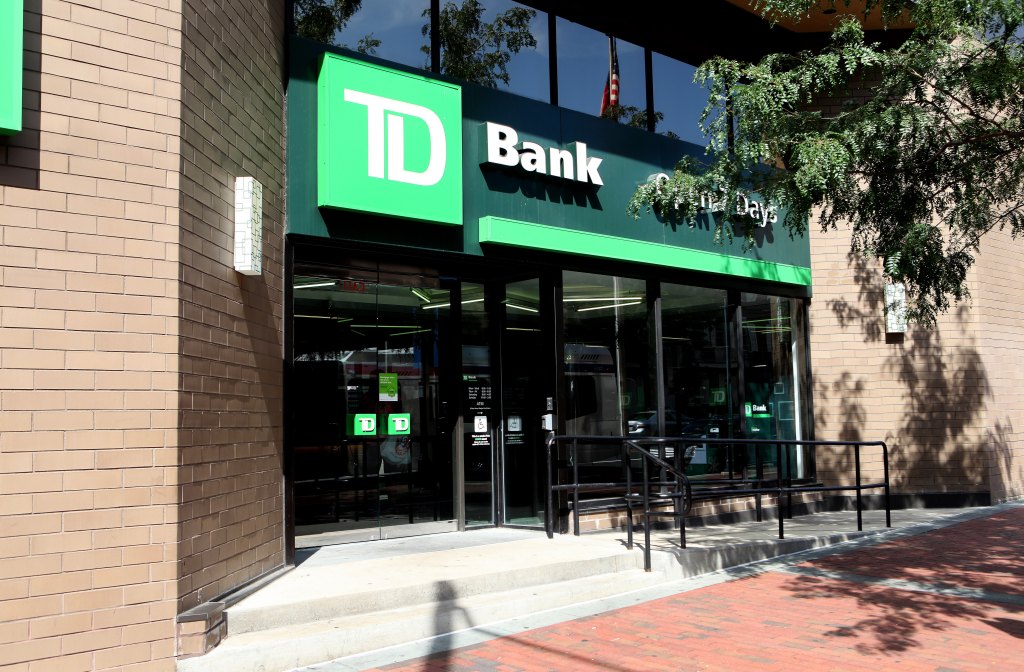Toronto-Dominion Bank said Thursday in a quarterly filing that it has been fielding inquiries from regulatory and law enforcement agencies related to a Department of Justice (DOJ) investigation implicating its US operations.
The filing said the bank has been responding to formal and informal inquiries from regulatory authorities and law enforcement concerning its Bank Secrecy Act/anti-money-laundering (BSA/AML) compliance program, both generally and in connection with specific clients, counterparties or incidents in the US, including in connection with an investigation by the DOJ.
The Bank said it is cooperating with such authorities and is pursuing efforts to enhance its BSA/AML compliance program.
Fiscal third quarter
“While the ultimate outcomes of these inquiries and investigations are unknown at this time, the Bank anticipates monetary and/or non-monetary penalties to be imposed,” said TD in its filing. Elsewhere in the regulatory filing, the bank estimated it could lose as much as about $950m to deal with various legal and regulatory risks, without earmarking a specific money amount to the DOJ inquiry.
TD on Thursday reported lower profit in its fiscal third quarter as declines in its core businesses and provision for credit losses dragged on earnings.
The Wall Street Journal reported that the Office of the Comptroller of the Currency and the Federal Reserve were reluctant to give TD a clean bill of health on its AML practices. It was the reasoning behind regulators’ refusal to bless the Canadian lender’s bid to acquire another regional lender, First Horizon Corp.
The regulators’ concerns stemmed from the way TD handled unusual transactions in recent years, and the speed at which some of them were brought to the attention of US authorities.
In May, the bank called off its deal to acquire First Horizon for $13.4b, sending the US bank’s shares down 33% in premarket trading, with the two banks citing a lack of clarity on when they would get regulatory approvals.
The regulators’ concerns stemmed from the way TD handled unusual transactions in recent years, and the pace at which some of them were brought to the attention of US authorities, the WSJ reported, quoting sources. Under the BSA, financial firms are required to report suspicious activity within 30 days of discovery. The bank flagged 28 customer transactions in the period, one of the sources said.
TD had pledged to regulators that it would make its anti-money-laundering policies more comprehensive and timely, but it wasn’t enough to win approval for the deal, according to the source.
Regional banks
The fact that three regional banks collapsed after a flight of deposits spiraled out of control didn’t help their cause, leading to a far greater amount of scrutiny from regulators of the industry sector.
In 2020, the bank reached a $122m settlement with the Consumer Financial Protection Bureau, which found it had charged customers overdraft fees for ATM and one-time debit-card transactions without obtaining their consent.
In February, TD and two other banks agreed to pay $1.35b collectively to settle claims related to the bank’s involvement in R. Allen Stanford’s two-decade-long Ponzi scheme, for which he was convicted in 2012.












